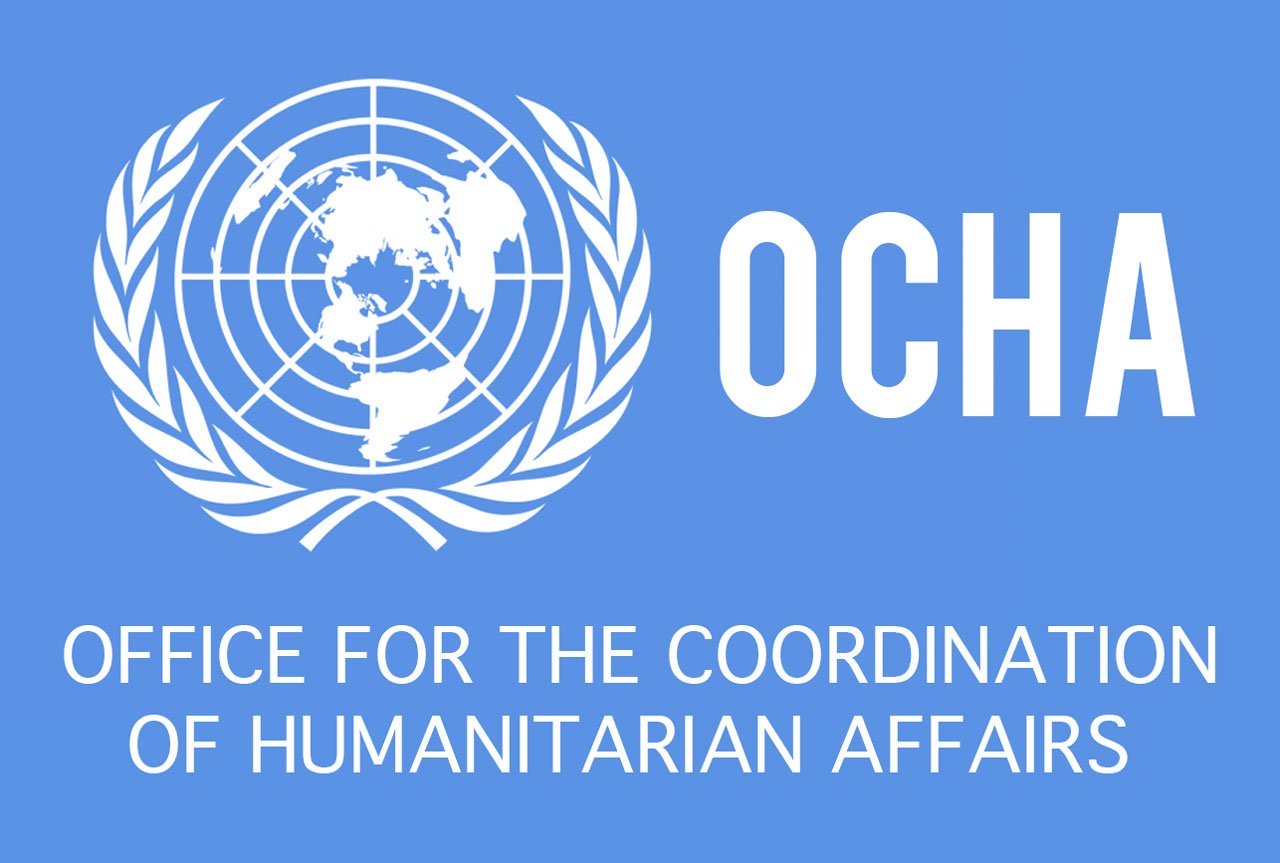In May, the Israeli authorities demolished or seized 50 Palestinian-owned structures, displacing 28 people and otherwise affecting the livelihoods, or access to services, of over 220 others, according to the United Nations Office for the Coordination of Humanitarian Affairs (OCHA) in the occupied Palestinian territory.
Seventeen of these structures were targeted on 27 May, the highest number of demolitions or seizures in a single day since 12 June 2019. All structures, except for two in Ramallah, demolished on punitive grounds, were targeted due to a lack of building permits, which are nearly impossible for Palestinians to obtain. It said in its monthly report on West Bank demolitions and displacement.
Two of the structures targeted in May had been provided as humanitarian assistance, at a value of nearly 10,500 euros, while an additional structure (the catchment area of a water cistern) was damaged. Four other donor-funded structures, that cost over 13,000 euros, were served with demolition orders or verbal warnings.
Compared with the monthly average in 2020, May witnessed an increase of nearly 20 per cent in the targeting of structures, but a decrease of 38 per cent in the number of people displaced. The continuous targeting of structures and displacement of Palestinians amidst the ongoing pandemic remains of serious concern, stressed OCHA.
As the Muslim month of Ramadan came to an end on 24 May, a total of 42 structures were demolished or seized during this period, significantly higher than previous years: 13 in 2019; one in 2018 and none in 2017.
Eight of the structures demolished in May were demolished based on Military Order 1797, which allows for the expedited removal of unlicensed structures deemed as “new”, up from six in April. Since coming into effect in July 2019, at least 47 structures have been demolished based on this order, including 28 in 2020.
In East Jerusalem, 11 structures were demolished in May, marking the first demolitions by the authorities in the city since 4 March, the day prior to the start of the current COVID-19 emergency. Seven of these structures, including three homes, were demolished in al-Walaja on 18 May, in an area separated from the rest of the village by the Barrier, and planned for the establishment of an Israeli national park.
Reportedly, the home owners did not receive verbal or written demolition orders prior to the demolition; six people, including three children, were displaced and another 13 people were affected.
This month also recorded five incidents, all but one in East Jerusalem, where residents demolished or removed their properties in order to avoid demolition fees, as well as potential damage to adjacent structures and personal belongings. These ‘self-demolitions’ were initiated after the owners received demolition orders from the Israeli authorities instructing them to demolish the structures. Nearly half of all structures demolished in East Jerusalem so far in 2020 (31 structures), and over one quarter (54 structures) of those demolished in 2019 on the grounds of a lack of permits, were demolished by their owners.
On 11 May, the Israeli authorities punitively demolished a home and a water cistern in Kobar village near Ramallah, displacing two people and affecting another two; 20 trees were also uprooted during the incident. Clashes erupted leading to the injury of 32 Palestinians. The home is owned by a Palestinian arrested on charges of abetting an attack in August 2019 that left an Israeli settler dead two others injured.



